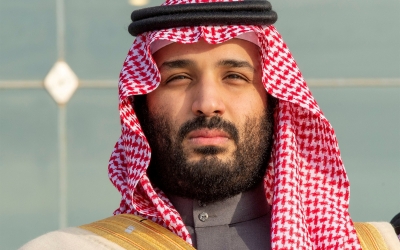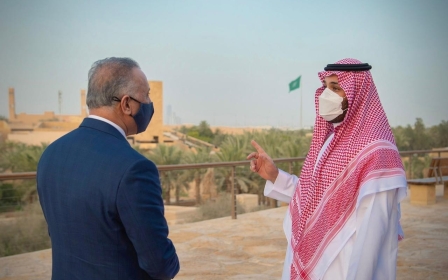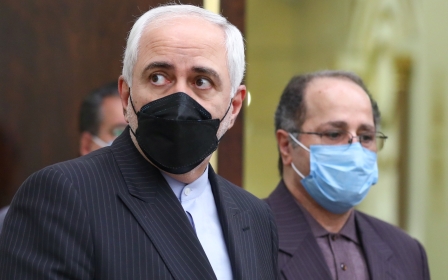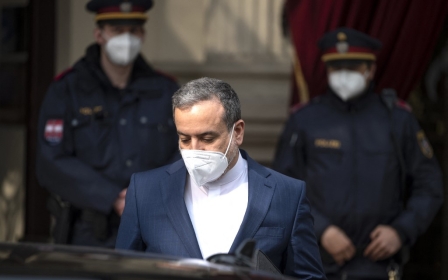Iran confirms talks with Saudi Arabia to de-escalate regional tensions
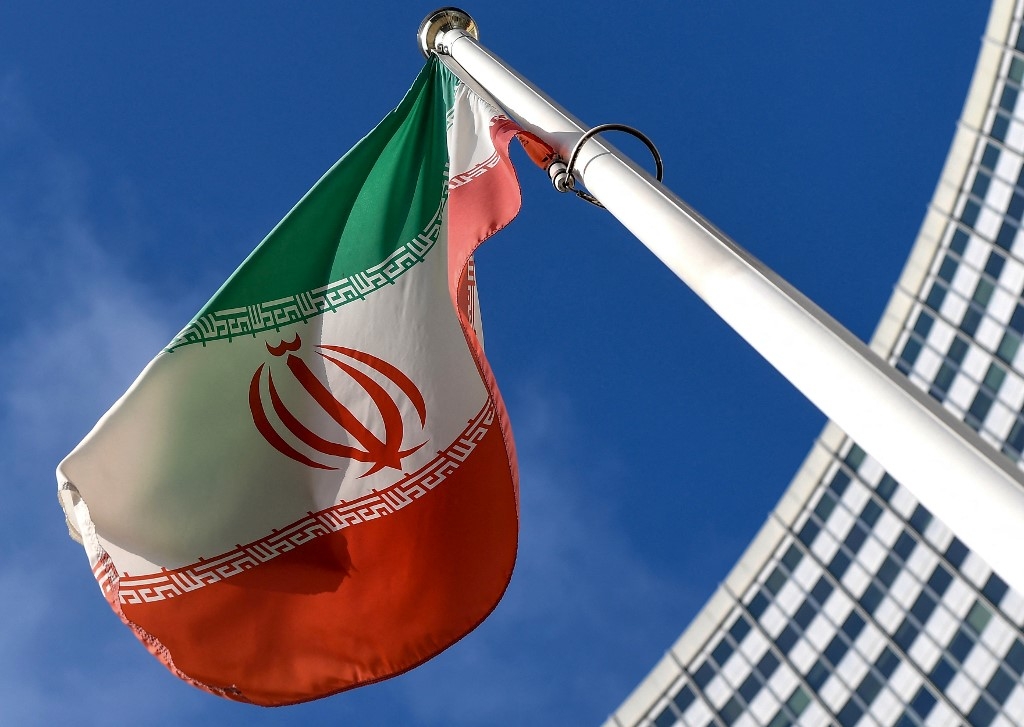
Iran confirmed publicly for the first time on Monday that it is in talks with its regional archrival Saudi Arabia, saying it would do what it could to resolve issues between them.
"De-escalation of tensions between the two Muslim countries in the Persian Gulf region is in the interest of both nations and the region," Foreign Ministry spokesperson Saeed Khatibzadeh said in a televised weekly news conference, according to Reuters.
'We welcome resolving of the issues that have existed between the two countries… We will use our best efforts in this regard'
- Saeed Khatibzadeh, Iran's Foreign Ministry spokesperson
He added that Iran was waiting for the outcome of the talks.
”We welcome resolving of the issues that have existed between the two countries… We will use our best efforts in this regard.”
Iran and Saudi Arabia have been locked in a rivalry that has played out in proxy conflicts across the region, from Yemen to Syria to Iraq. The two countries cut diplomatic ties in 2016. Middle East officials and sources said last month that they had held two rounds of talks.
The arrival of President Joe Biden in the United States has altered the diplomatic calculus across the Middle East. Washington aims to restart a nuclear deal with Iran that Biden's predecessor, Donald Trump, abandoned, and has called for Saudi Arabia to end its war against Yemen's Iran-aligned Houthi forces.
Some sources told Reuters last month that Tehran had promised to use its influence to halt Houthi attacks on Saudi Arabia, in return asking Riyadh to support the nuclear talks.
Ambassador Rayed Krimly, head of policy planning at Saudi Arabia's foreign ministry, said last week that talks between Saudi Arabia and Iran were aimed at reducing regional tensions. He said it was too early to judge the outcome and Riyadh wanted to see “verifiable deeds”.
Reviving the nuclear deal
Diplomats hope the opening of direct channels between Iran and Saudi Arabia will signal a calming of tensions across the Middle East after years of hostilities.
On Wednesday, Iraq confirmed that it had hosted more than one round of talks between its two neighbours and mutual adversaries.
Iraqi President Barham Salih made his remarks during an interview broadcast live online with the Beirut Institute thinktank.
Asked how many rounds of Saudi-Iranian talks Iraq had hosted, Salih replied: "More than once.”
"It is ongoing, and it is important and it is significant, and for Iraq to be able to play that convening role between these regional actors is important," he added, although he gave no further details on the talks.
As US officials returned to Vienna for a fourth round of indirect talks with Iran on how to resume compliance with the 2015 nuclear deal, which Trump abandoned in 2018, prompting Iran to begin violating its terms about a year later.
Iranian President Hassan Rouhani said on Saturday he was optimistic over talks to revive the deal with world powers and suggested a deal had been reached to lift the main sanctions on Tehran, state media reported.
Only the details remained to be agreed, Rouhani said, though there was no immediate confirmation from US officials or from the other parties to the accord.
Officials have said they hope to reach a deal by 21 May, when an agreement between Tehran and the UN nuclear watchdog on continued monitoring of some Iranian nuclear activities is due to expire.
Tehran said it may consider extending the agreement if talks with world powers on its nuclear programme continue "on the right track”.
"Since we are in no rush to conclude these talks, in addition to not allowing them to drag on... we do not want any date to prevent our negotiating team from precisely carrying out Tehran's instructions," Khatibzadeh told reporters on Monday.
Middle East Eye propose une couverture et une analyse indépendantes et incomparables du Moyen-Orient, de l’Afrique du Nord et d’autres régions du monde. Pour en savoir plus sur la reprise de ce contenu et les frais qui s’appliquent, veuillez remplir ce formulaire [en anglais]. Pour en savoir plus sur MEE, cliquez ici [en anglais].


